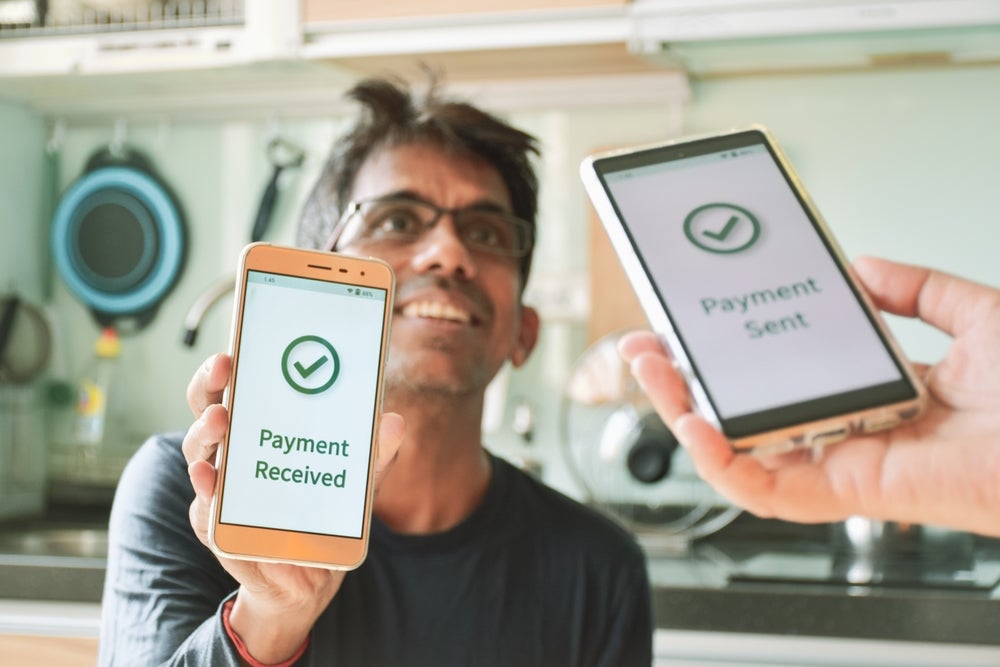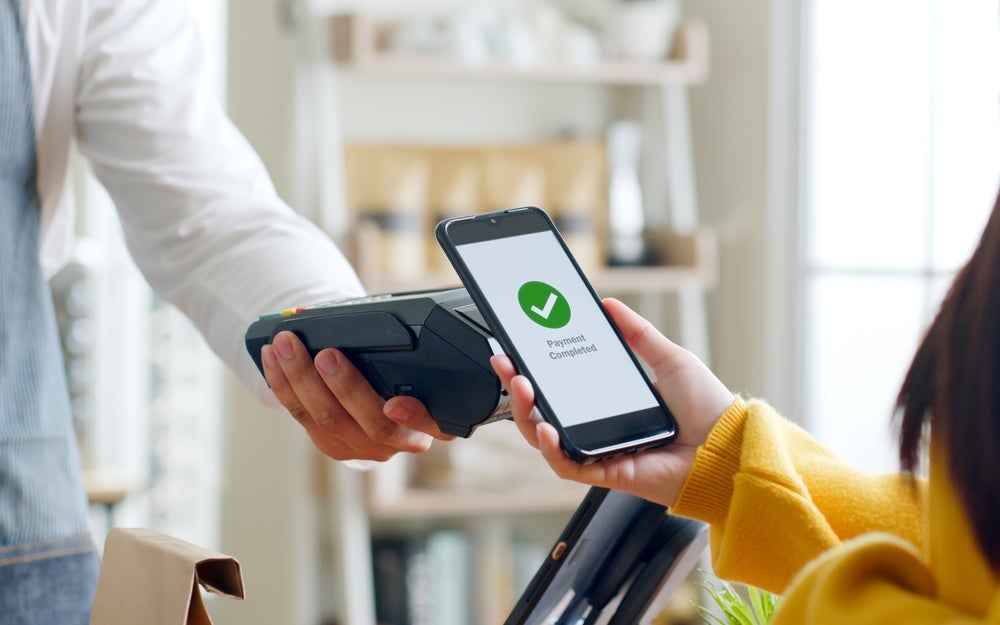Contactless payments took an important stride in the US on 1
July this year, when for the first time in that country cash became
no longer accepted as a means of payment by motorists using a toll
road.
Chosen for this move was the President George Bush Turnpike, which
runs for 49km (30 mile) through the northern suburbs of Dallas,
Texas and is operated by the North Texas Tollway Authority (NTTA).
The toll road has a traffic flow of some 80,000 vehicles per day,
five mainline toll plazas and 16 ramp plazas.
All payments on the toll road are now executed by means of the
NTTA’s TollTag, a radio frequency identification (RFID) device
which in 1989 became the US’ first electronic toll collection
system.
TollTags, of which about 1 million are in use, are in the form of a
sticker and can be used for payment on all Texas toll roads at full
highway speeds and at some Dallas parking facilities.
Payment of TollTag bills on NTTA toll roads are facilitated by the
North Central Texas Council of Government, a local government
association, and require users to open an account funded by means
of a MasterCard, Visa, or American Express credit card.
Hard on the NTTA’s decision to go cashless was the E-470 Public
Highway Authority (EPHA) in Denver, Colorado which on 4 July ended
the use of cash on its 75km E-470 toll road. The road has a traffic
flow of some 160,000 vehicles per day.
How well do you really know your competitors?
Access the most comprehensive Company Profiles on the market, powered by GlobalData. Save hours of research. Gain competitive edge.

Thank you!
Your download email will arrive shortly
Not ready to buy yet? Download a free sample
We are confident about the unique quality of our Company Profiles. However, we want you to make the most beneficial decision for your business, so we offer a free sample that you can download by submitting the below form
By GlobalDataCashless payments were first introduced on the E-470 in 1991 and
are facilitated by EXpressToll, a RFID device mounted on the
vehicle, and loops embedded in the road to identify the number of
axles on the vehicle for toll computation purposes. Hardware and
transponder readers are supplied by RFID specialist Sirit.
Payment is facilitated via a prepaid account funded by a current or
credit card account with the balance maintained between $10 and $35
by means of direct debit by the EPHA.
In anticipation of the move to full cashless toll payments, in
January 2009 the EPHA introduced as an alternative payment method
the photographing of vehicle registration plates.
A camera takes pictures of the front and rear license plates.
Vehicle ownership information is found through the Department of
Motor Vehicles in all 50 states and some areas of Canada and Mexico
and bills submitted via mail.
About 73 percent of people taking the E-470 prior to it going
totally cashless were using the EXpressToll system, 19 percent paid
cash and 8 percent via the billing alternative.
Pioneering totally cashless initiatives by the NTTA and the EPHA
are set to be followed by other US toll road operators of which at
least one, the Tampa-Hillsborough County Expressway Authority in
Florida (THCEA), is committed to going fully cashless in January
2010.
In line to go cashless is its 24 km Selmon Expressway which carries
some 15,000 vehicles per day.
A RFID payment solution is already offered by the THCEA and is in
use by 60 percent of motorists using its toll roads.
Among larger potential next-movers is the South Jersey
Transportation Authority (SJTA) which has appointed consultants to
undertake a feasibility study into going cashless on its 74km
Atlantic City Expressway, which carries some 160,000 vehicles per
day.
The SJTA already makes use of E-ZPass, a RFID system also in use by
3 million motorists in the New York area for tolls on bridges and
tunnels linking New York and New Jersey.
Payment is facilitated by means of a prepaid account funded by
direct credit card account debit or customer-initiated cheque or
cash payment.
The debut of non-cash toll roads brings the US into line with
trends in a number of other countries using RFID solutions with the
most significant of these being in Australia, Canada, Chile,
Ireland, Israel and Singapore.







